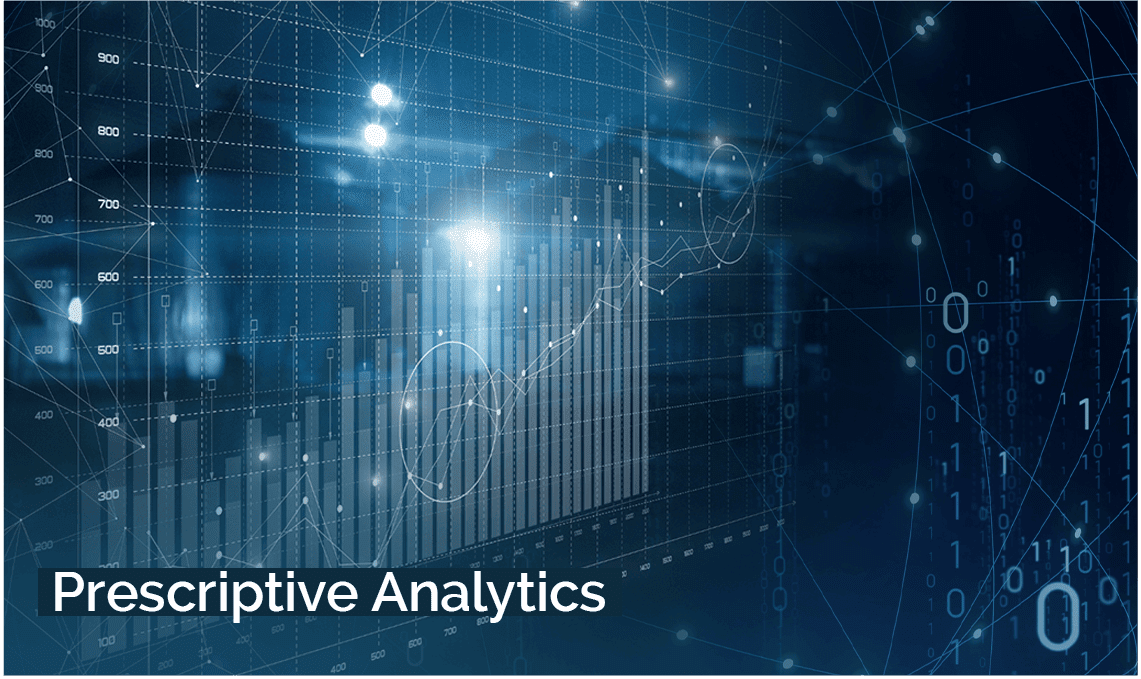Transforming Business Outcomes with Prescriptive Analytics

Prescriptive analytics is transforming how businesses make decisions by not only forecasting future outcomes but also recommending specific actions to optimize results. As organizations strive to remain competitive in an increasingly data-driven world, prescriptive analytics stands out as a crucial tool that combines data, mathematical models, and algorithms to provide actionable insights. This article explores the principles of prescriptive analytics, its applications across various industries, and how organizations leverage this technology for strategic advantage.
Understanding the Core Principles Behind Prescriptive Analytics and Its Role in Decision-Making
Prescriptive Analytics is the most sophisticated form of data analytics, going beyond descriptive and predictive analytics. While descriptive analytics answers the question of "what happened?" and predictive analytics forecasts "what might happen?", prescriptive analytics advises "what should be done?" This approach integrates data from multiple sources and employs advanced optimization techniques, machine learning models, and simulation algorithms to recommend the best course of action.
At its foundation, prescriptive analytics combines extensive data processing with business rules and constraints to generate decisions that maximize efficiency, profitability, and customer satisfaction. It addresses complex decision-making problems where variables interact dynamically, such as supply chain optimization, pricing strategies, and risk assessment.
How Prescriptive Analytics Is Revolutionizing Industry Applications Across Multiple Sectors
From healthcare and manufacturing to finance and retail, prescriptive analytics is reshaping industry dynamics by enabling smarter decisions and proactive strategies. In healthcare, it helps optimize treatment plans by recommending personalized therapies that improve patient outcomes while reducing costs. Manufacturing companies utilize prescriptive models to streamline production schedules, minimize downtime, and manage inventory efficiently. Financial institutions rely on prescriptive analytics to detect potential fraud, construct optimized investment portfolios, and enhance credit risk management.
Retailers use prescriptive analytics to design dynamic pricing strategies and targeted marketing campaigns based on real-time consumer behavior and competitor activity. Across these industries, the end goal remains consistent: leverage prescriptive insights to enhance operational efficiency, increase revenue, and reduce risks.
Evaluating the Commercial Value and ROI Opportunities Presented by Prescriptive Analytics Solutions in Business Environments
Investing in prescriptive analytics solutions offers substantial commercial benefits by driving better decision quality and accelerating business outcomes. Enterprises experience improved resource allocation, reduced operational costs, and enhanced risk mitigation by operationalizing prescriptive recommendations.
Moreover, companies benefit from increased agility, as these analytics enable rapid scenario evaluation and response to market shifts or supply chain disruptions. Enhanced customer satisfaction is another significant advantage, as prescriptive insights allow for personalized service delivery and optimized customer journeys. The return on investment stems not only from direct monetary gains but also from intangible improvements such as innovation capacity and competitive differentiation.
Key Technologies and Tools Empowering Next-Generation Prescriptive Analytics Deployments Today
Modern prescriptive analytics platforms combine artificial intelligence, machine learning, optimization algorithms, and big data technologies to deliver precise recommendations. Cloud computing and automated workflows facilitate scalability and faster deployment cycles, allowing organizations to iterate and refine models continuously. Integration capabilities with existing enterprise systems like ERP, CRM, and supply chain management software ensure seamless data flow and real-time decision support.
Additionally, intuitive visualization tools and dashboards enable business users to interact with prescriptive outputs, fostering collaboration between data scientists and decision-makers. This democratization of insights helps drive faster adoption across organizational levels and enhances the overall impact of prescriptive analytics initiatives.
Get More Insights on Prescriptive Analytics
Get This Report in Japanese Language - 処方的分析
Get This Report in Korean Language - 처방 분석
Read More Articles Related to this Industry –
How ICT Companies Can Leverage Google Business Profile for Local SEO Success
How Predictive Maintenance is Revolutionizing Industrial IoT
About Author:
Ravina Pandya, Content Writer, has a strong foothold in the market research industry. She specializes in writing well-researched articles from different industries, including food and beverages, information and technology, healthcare, chemical and materials, etc. (https://www.linkedin.com/in/ravina-pandya-1a3984191)
- Art
- Causes
- Crafts
- Dance
- Drinks
- Film
- Fitness
- Food
- Games
- Gardening
- Health
- Home
- Literature
- Music
- Networking
- Other
- Party
- Religion
- Shopping
- Sports
- Theater
- Wellness
- IT, Cloud, Software and Technology


